An overview of selected new books in Szilárd Library, with a word from their authors, reviewers and publishers.

Edited by Muniyandi Nagarajan
A diverse range of chapters from international experts offer an introduction to the field and examine methods for metagenomic analysis of microbiota, metagenomic computational tools, and recent metagenomic studies in various environments and clinical settings.
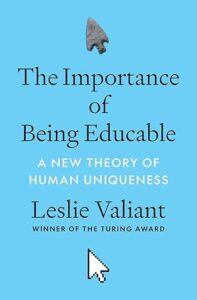
By Leslie Valiant
Will the unique capability that has been so foundational to our achievements and civilization continue to drive our progress, or will we fall victim to our vulnerabilities? If we want to play to our species’ great strength and protect our collective future, we must better understand and prioritize the vital importance of being educable.
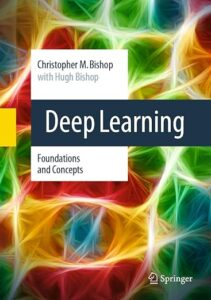
by Christopher M. Bishop with Hugh Bishop
This book offers a comprehensive introduction to the central ideas that underpin deep learning. It is intended both for newcomers to machine learning and for those already experienced in the field.

Edited by Jeffrey A. Bluestone, Kevan C. Herold, and Lori Sussel
Celebrating the 100th year of the discovery of insulin, this book reviews advances, our understanding of the pathology of type 1 diabetes and its environmental and genetic triggers, the role of the immune system, and novel therapeutic approaches.

By Michael Benton
This timely and original book lays out the latest scientific understanding of mass extinction on our planet, examining how global warming, acid rain, ocean acidification, erupting volcanoes, and meteorite impact have affected conditions on Earth, and how life survived, adapted, and evolved.
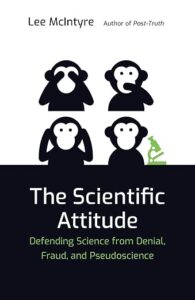
By Lee McIntyre
Attacks on science have become commonplace. Claims that climate change isn’t settled science, that evolution is “only a theory,” and that scientists are conspiring to keep the truth about vaccines from the public are staples of some politicians’ rhetorical repertoire. In this book, Lee McIntyre argues that what distinguishes science from its rivals is what he calls “the scientific attitude”—caring about evidence and being willing to change theories on the basis of new evidence.
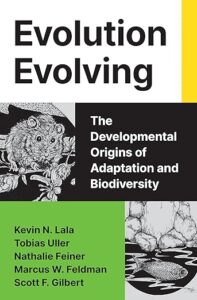
By Kevin lala et al.
The scientific understanding of evolution is evolving too, with groundbreaking new ways of explaining evolutionary change. In this book, a group of leading biologists draw on the latest findings in evolutionary genetics and evo-devo, as well as novel insights from studies of epigenetics, symbiosis, and inheritance, to examine the central role that developmental processes play in evolution.

By Liam Heneghan
Talking lions, philosophical bears, very hungry caterpillars, wise spiders, altruistic trees, companionable moles, urbane elephants: this is the magnificent menagerie that delights our children at bedtime. Within the entertaining pages of many children’s books, however, also lie profound teachings about the natural world that can help children develop an educated and engaged appreciation of the dynamic environment they inhabit.
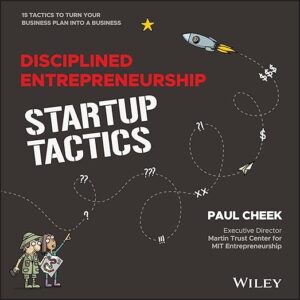
By Paul Cheek
An invaluable resource for founders and entrepreneurs, Disciplined Entrepreneurship: Startup Tactics will benefit any professional working at an early-stage startup or launching new products looking for concrete solutions to the most common and difficult problems faced by young companies and the people who work in them.








